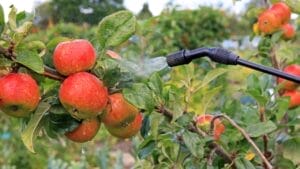Ever wondered just how clean your fruits and veggies really are? Every year, the Environmental Working Group (EWG) thoroughly assesses USDA data to reveal the top culprits for pesticide residue. The 2024 results are in, and they might make you rethink your next grocery trip.
The 2024 Dirty Dozen: Beware of These High-Pesticide Culprits
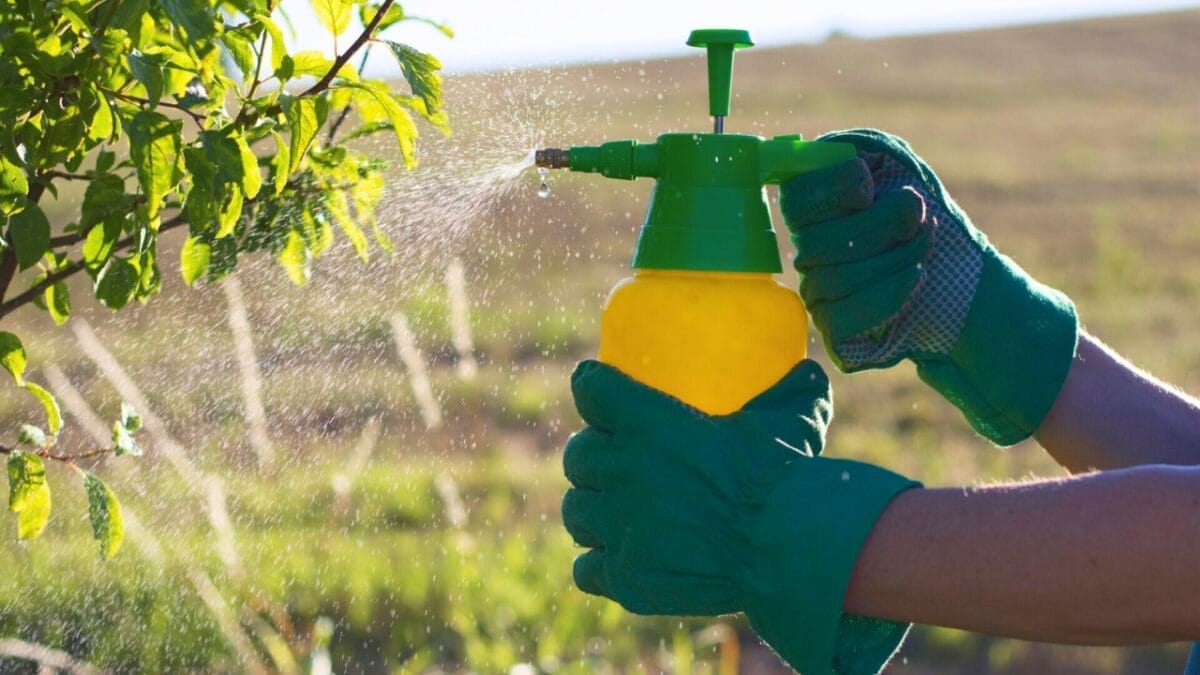
If you’re looking to minimize pesticide exposure, you might want to prioritize buying these fruits and veggies organic. According to EWG, the Dirty Dozen list showcases produce with the highest pesticide loads (ref). Here’s the rundown:
1. Strawberries
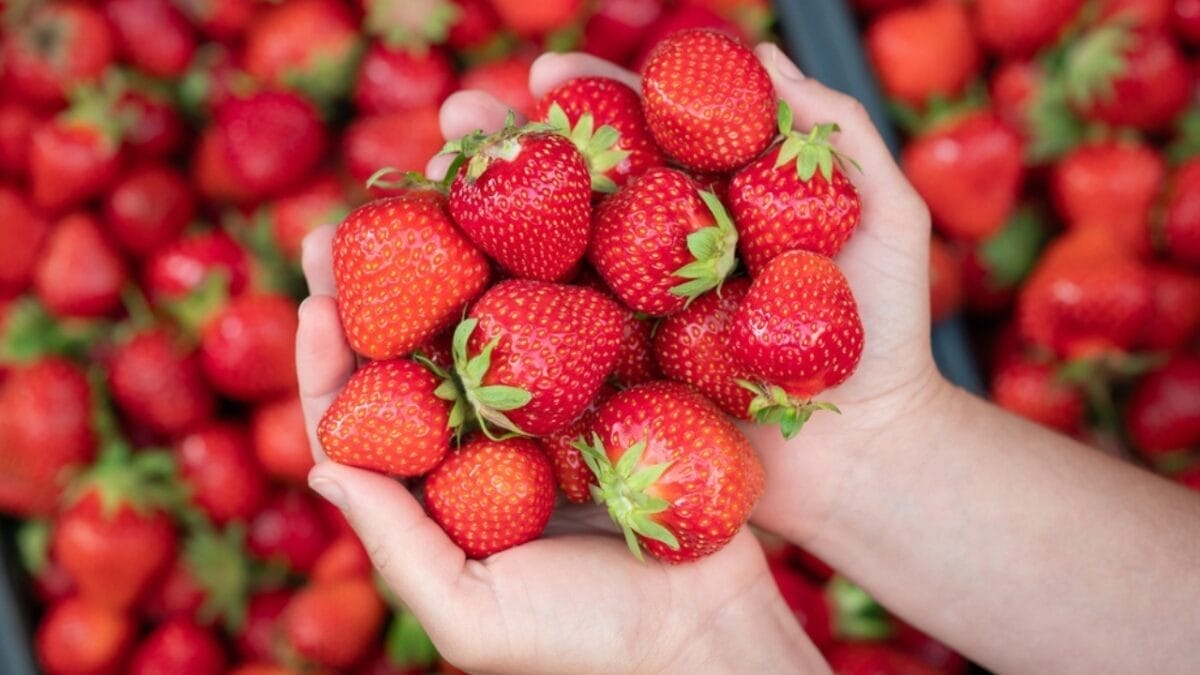
Strawberries topped the list again, with a shocking number of pesticide residues. More than 90% of the strawberries tested contained two or more pesticides, including chemicals linked to cancer and reproductive harm.
2. Spinach
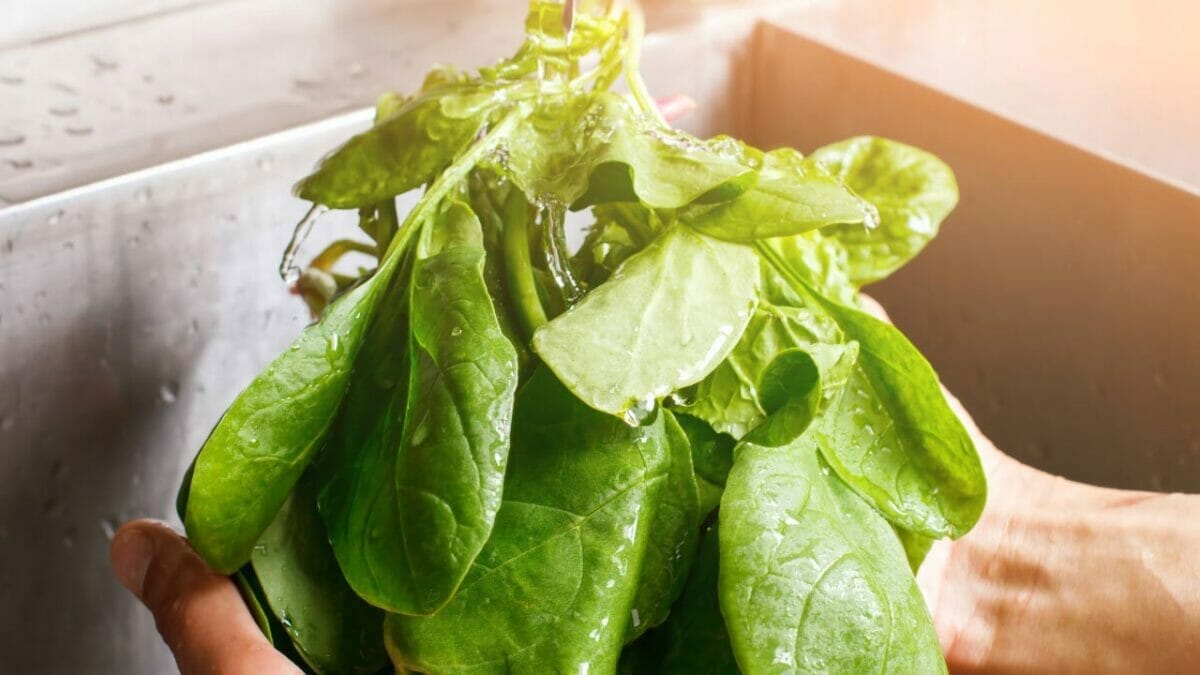
Spinach is not just packed with nutrients but also with pesticides, including ones banned in Europe for their potential health risks.
3. Kale, Collard & Mustard Greens
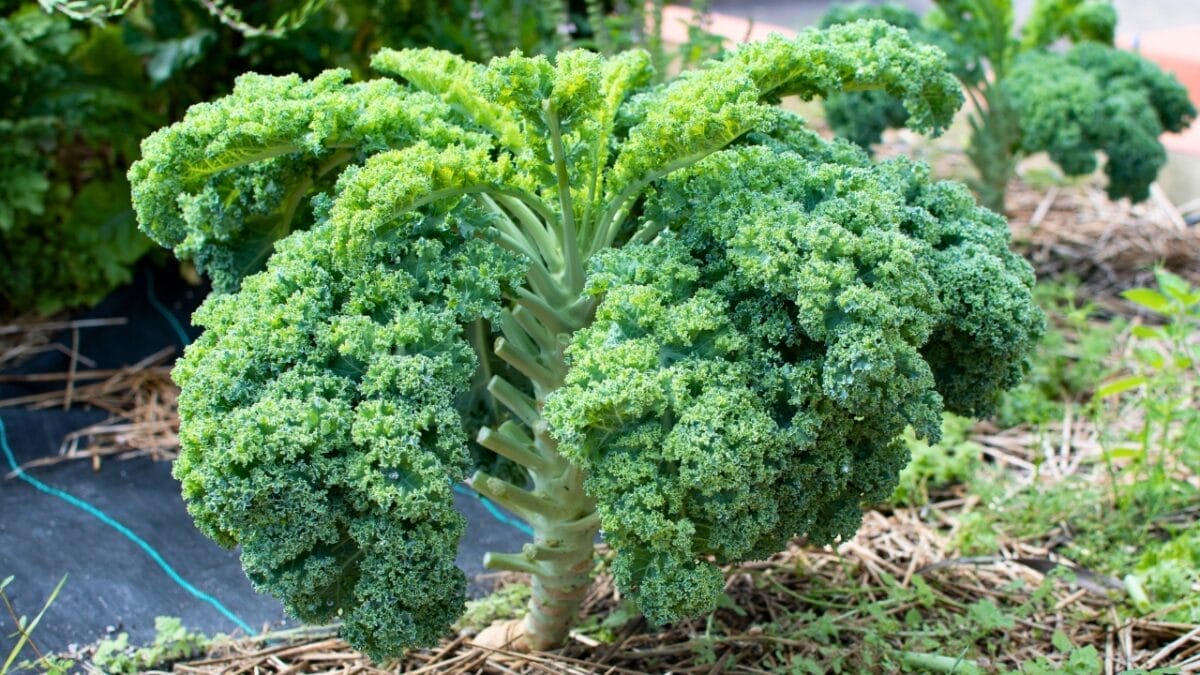
These greens are notorious for pesticide contamination, with over 50 different pesticides detected across samples.
4. Grapes
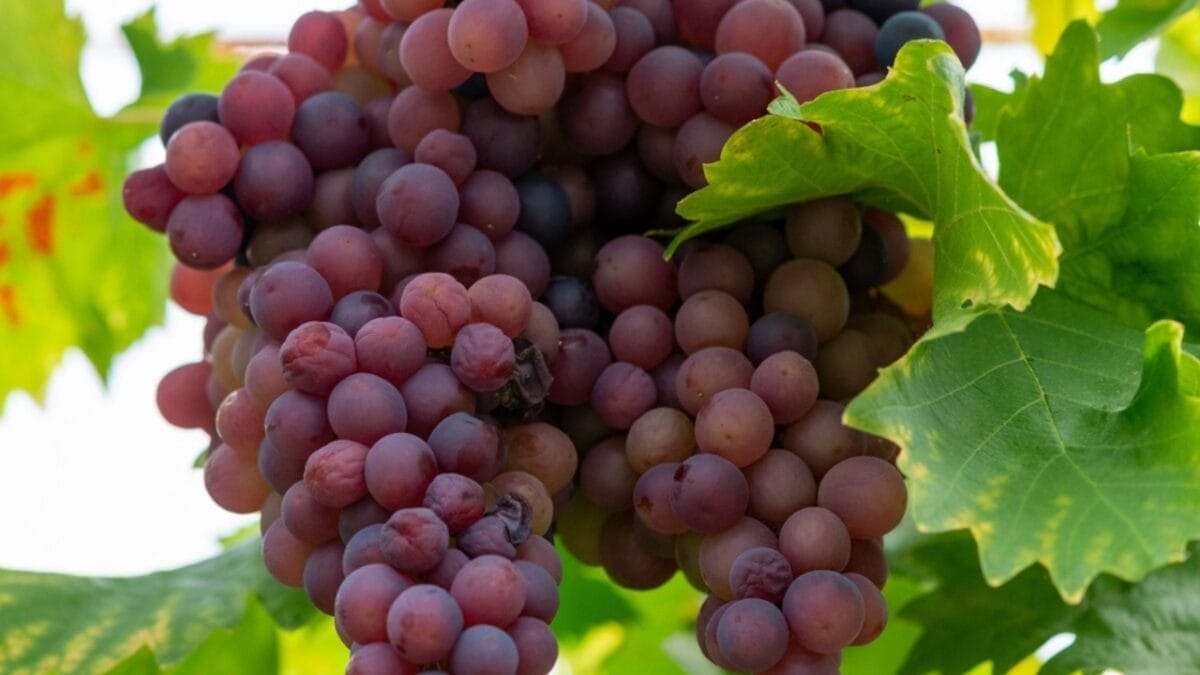
Grapes, especially imported ones, are often sprayed heavily with pesticides to protect them during transit.
5. Peaches
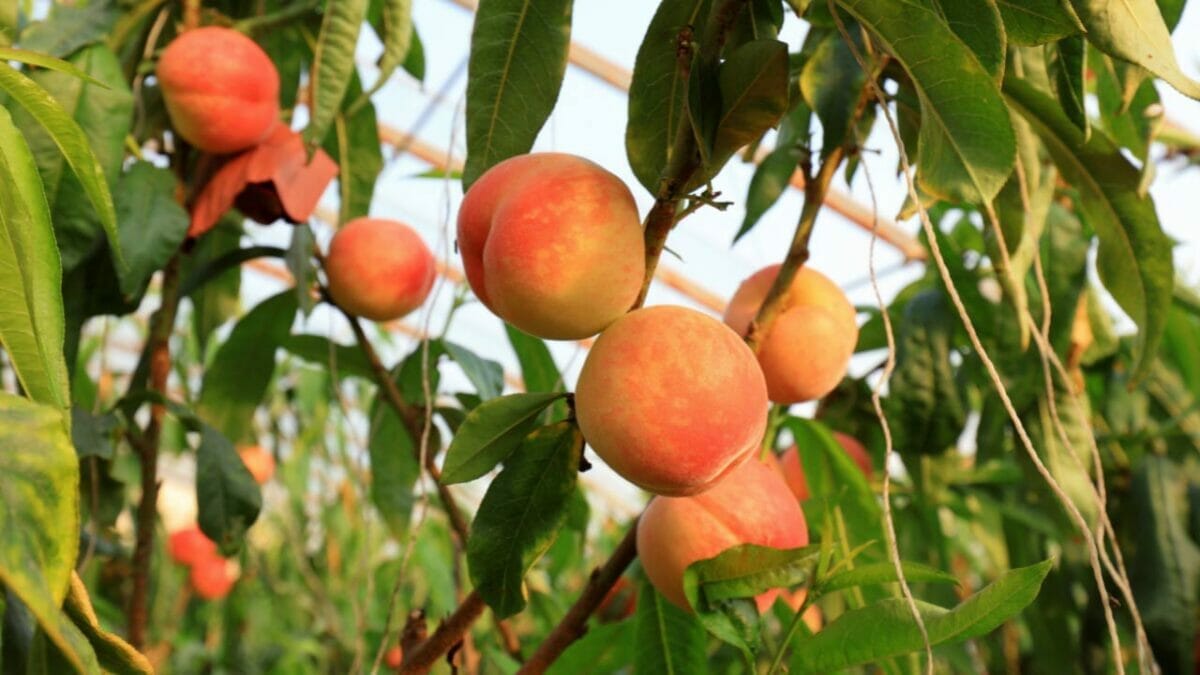
Peaches are delicate and often require multiple pesticide applications to ward off pests.
6. Pears
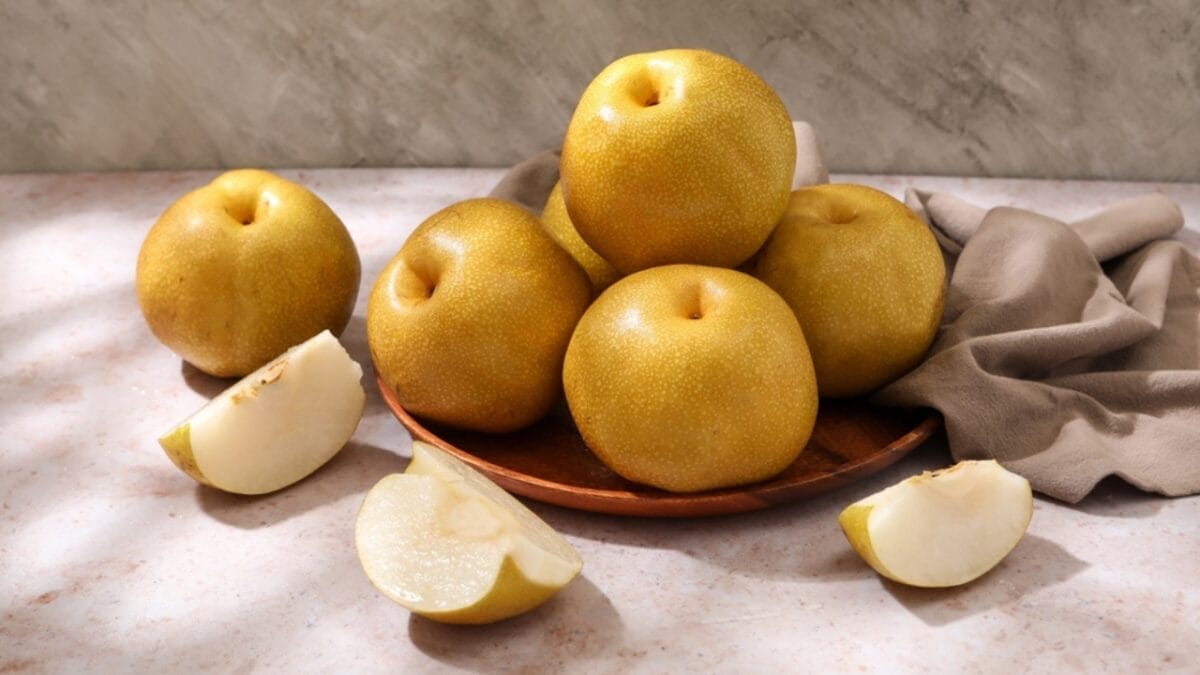
Pears showed residues of a pesticide called pyrimethanil, which has been linked to thyroid disruption.
7. Nectarines
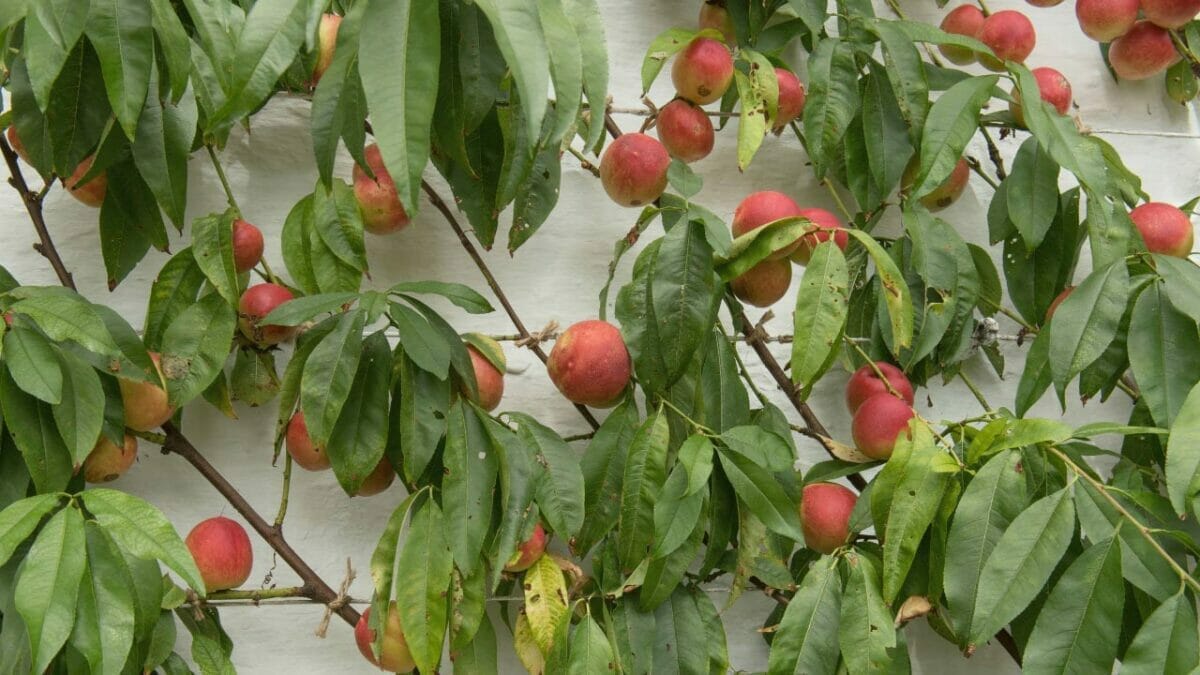
Similar to peaches, nectarines are prone to high pesticide use.
8. Apples
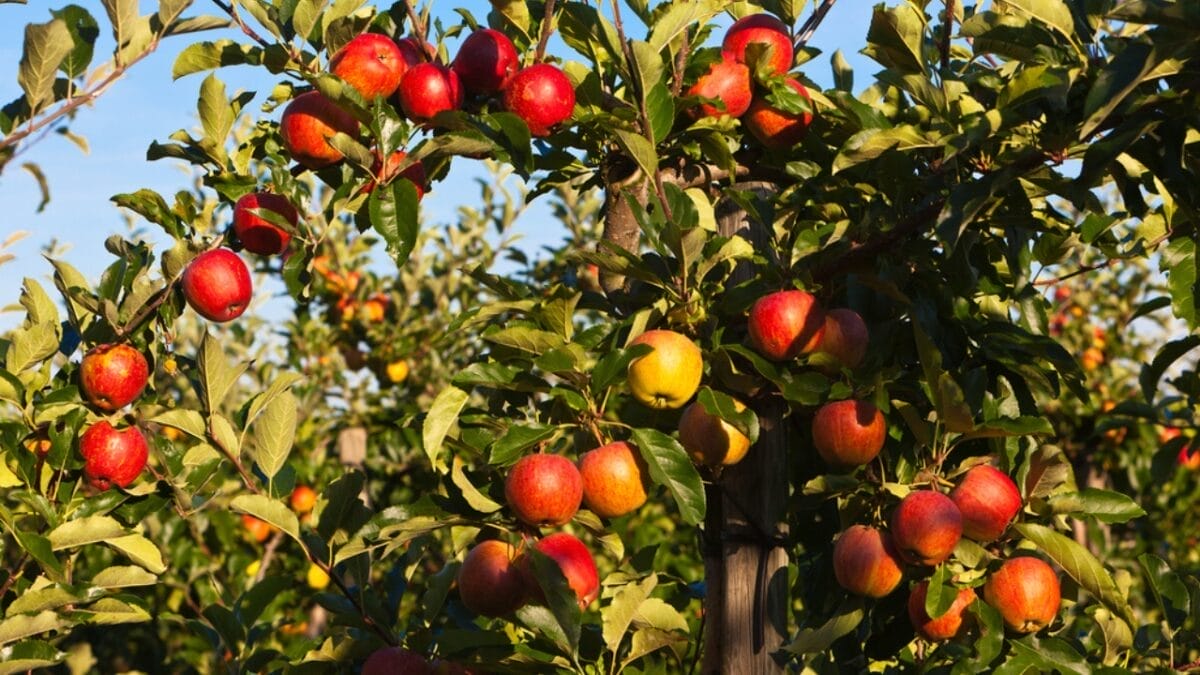
Often treated with chemicals post-harvest to maintain their fresh appearance, apples are a significant source of pesticide exposure.
9. Bell & Hot Peppers
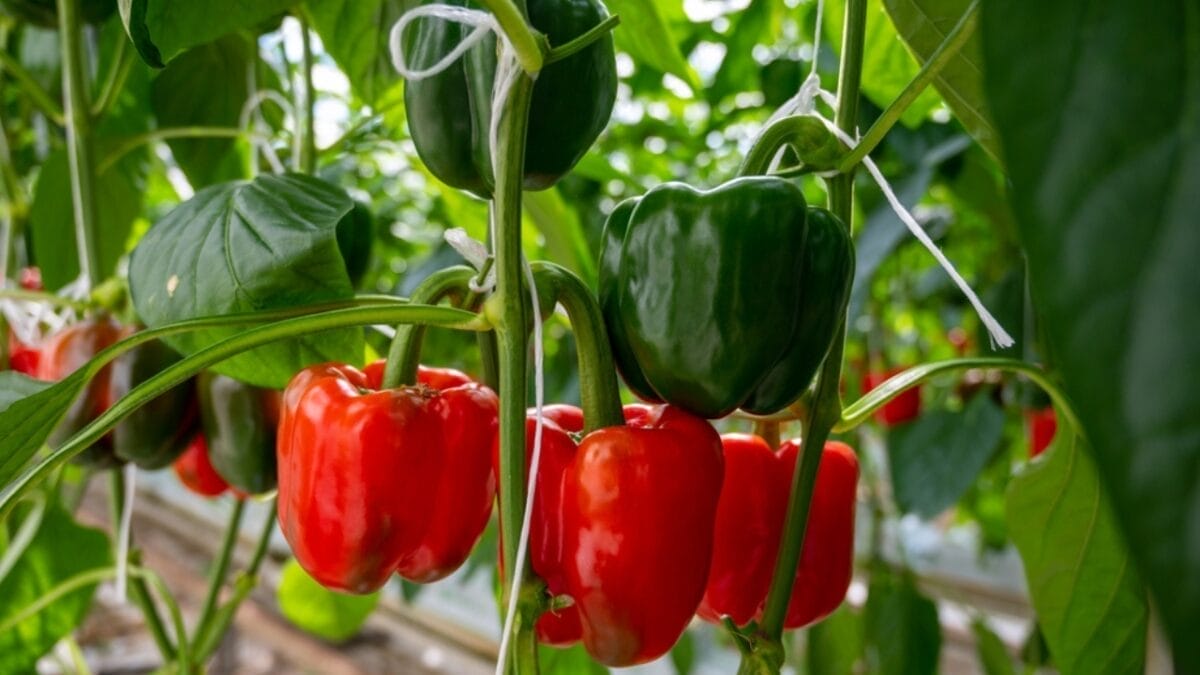
These peppers are commonly contaminated with a variety of pesticides, including neurotoxic chemicals.
10. Cherries
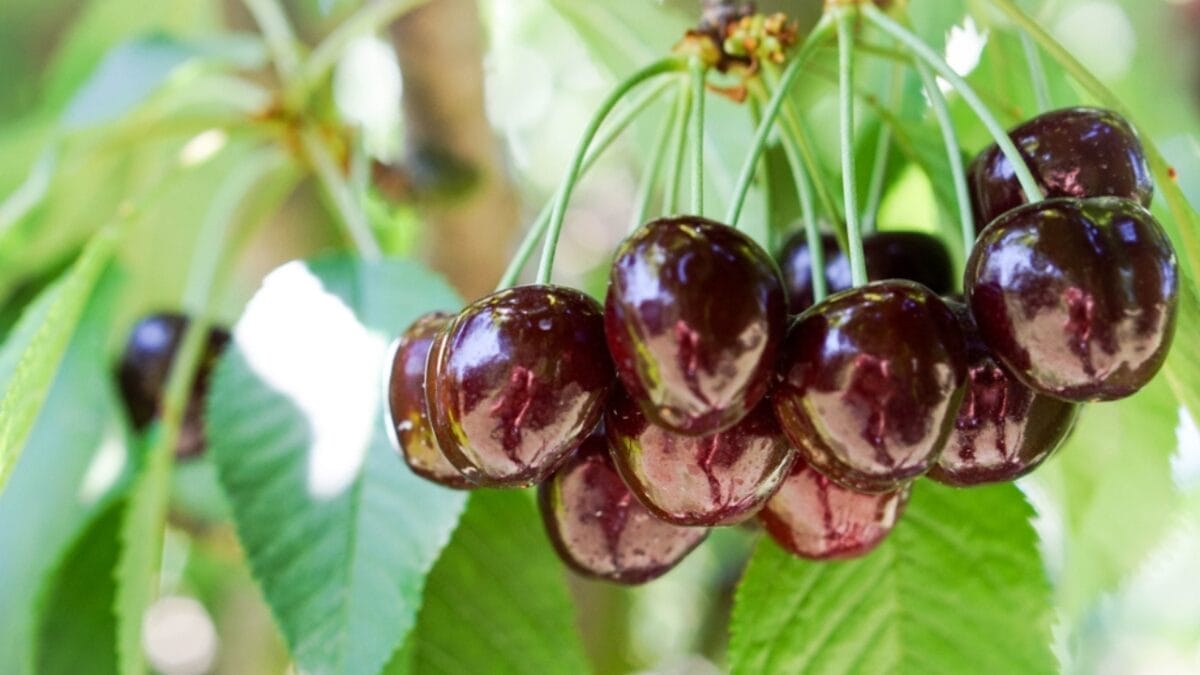
Cherries are frequently treated with fungicides and pesticides that can persist on the fruit.
11. Blueberries
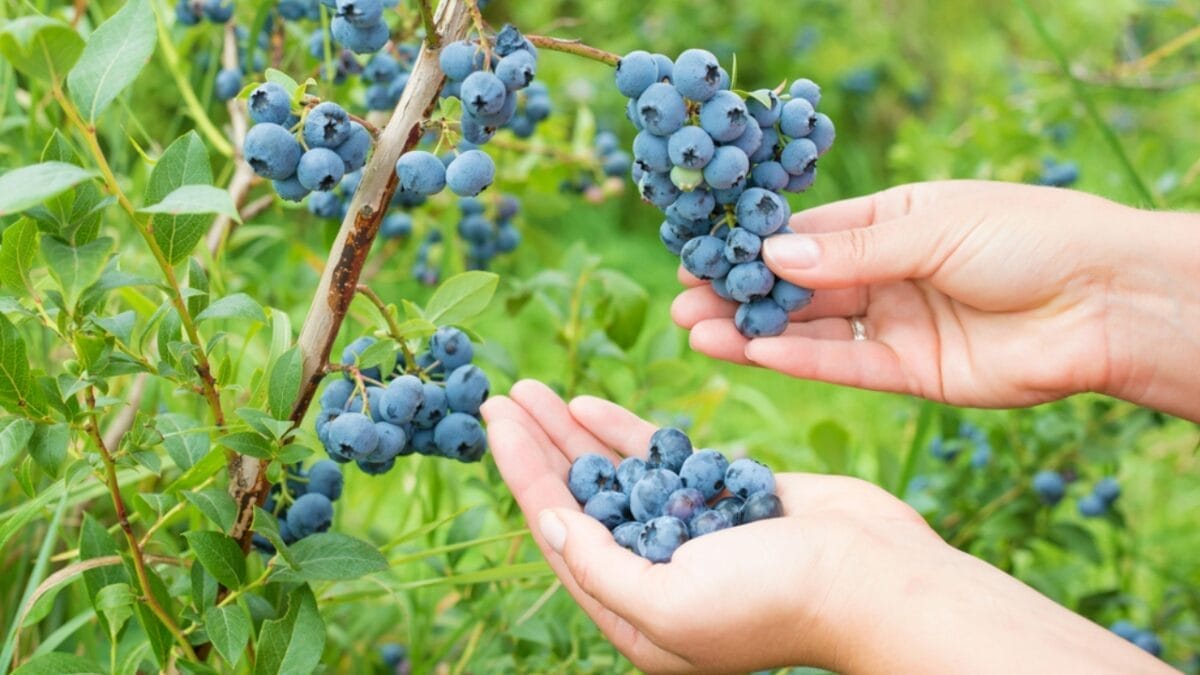
New to the list this year, blueberries are now known to carry a substantial pesticide load.
12. Green Beans
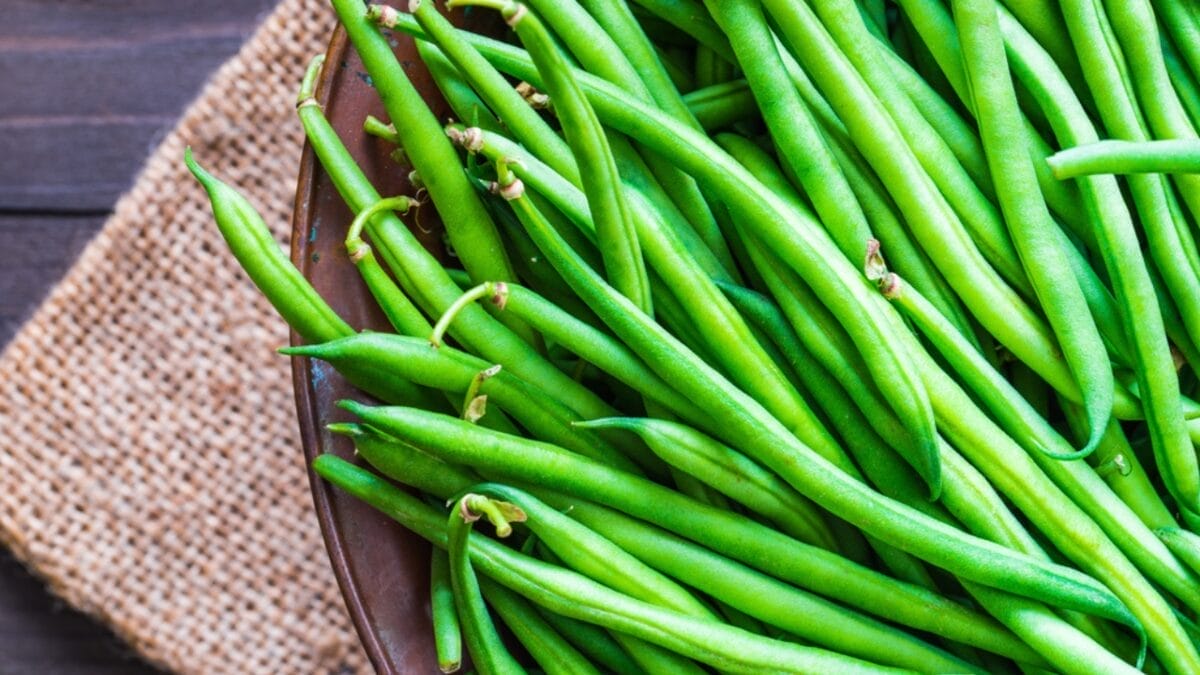
Also a new addition, green beans were found to contain a pesticide banned over a decade ago.
The 2024 Clean 15: Low-Pesticide All-Stars
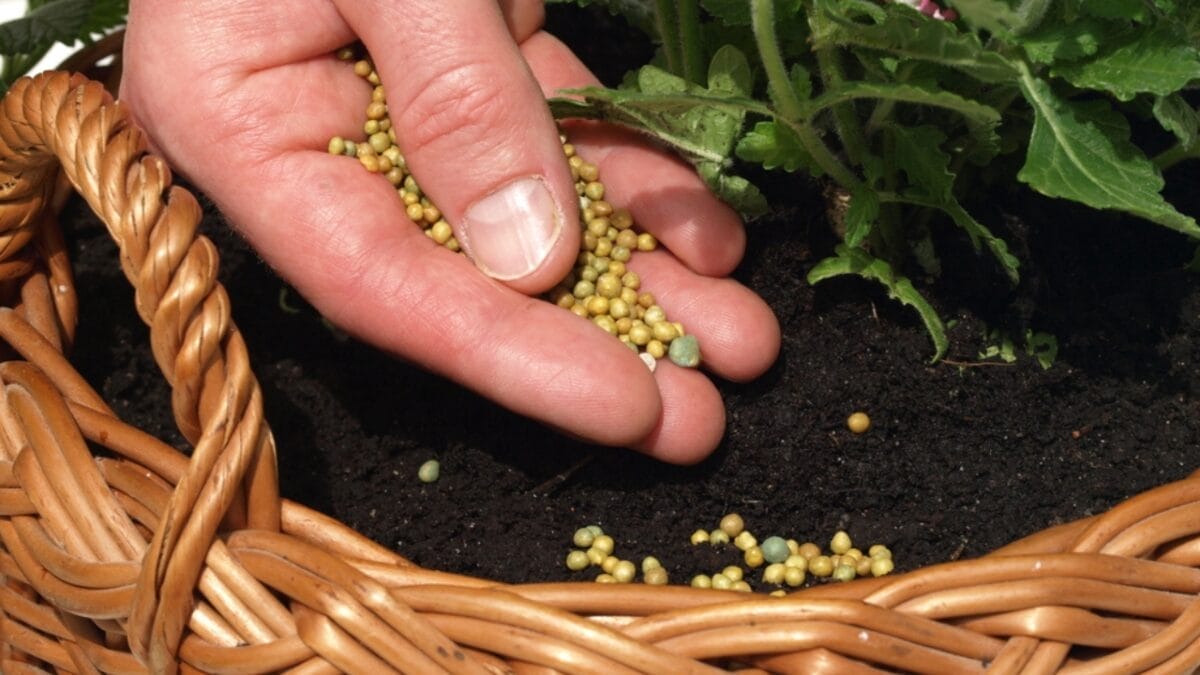
On the flip side, the Clean 15 list highlights produce with the least pesticide residues. If budget is a concern, these are safer bets when opting for non-organic options:
1. Avocados
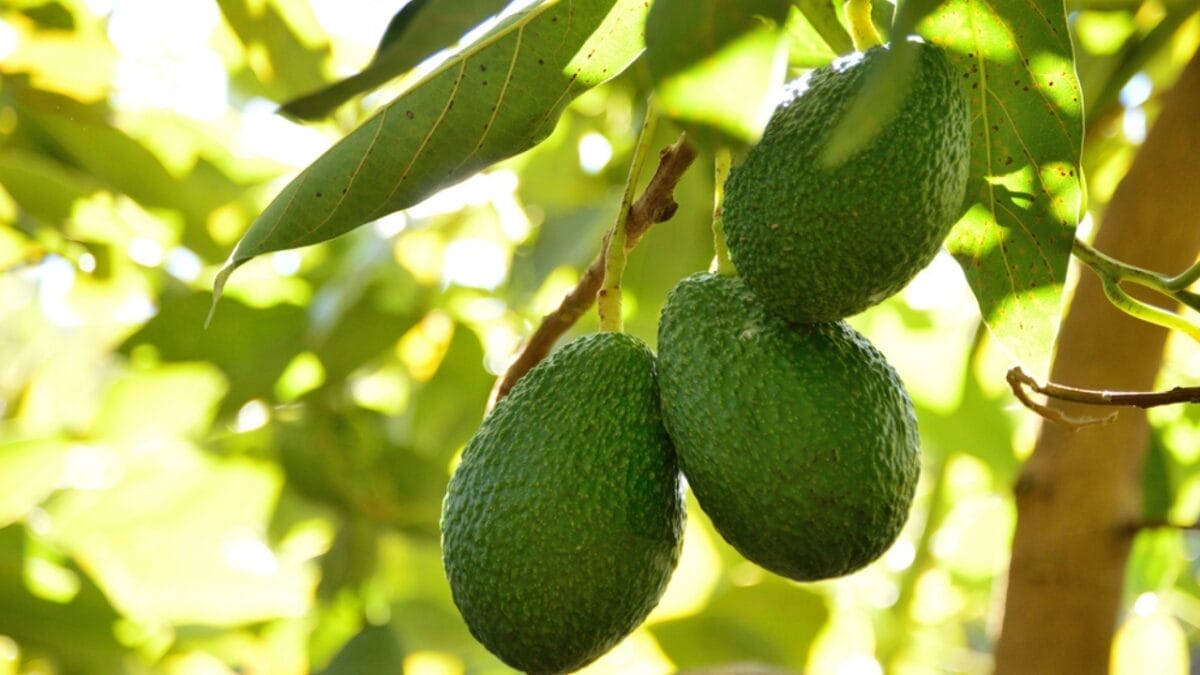
Less than 2% of avocado samples showed any pesticides, making them the cleanest item on the list.
2. Sweet Corn
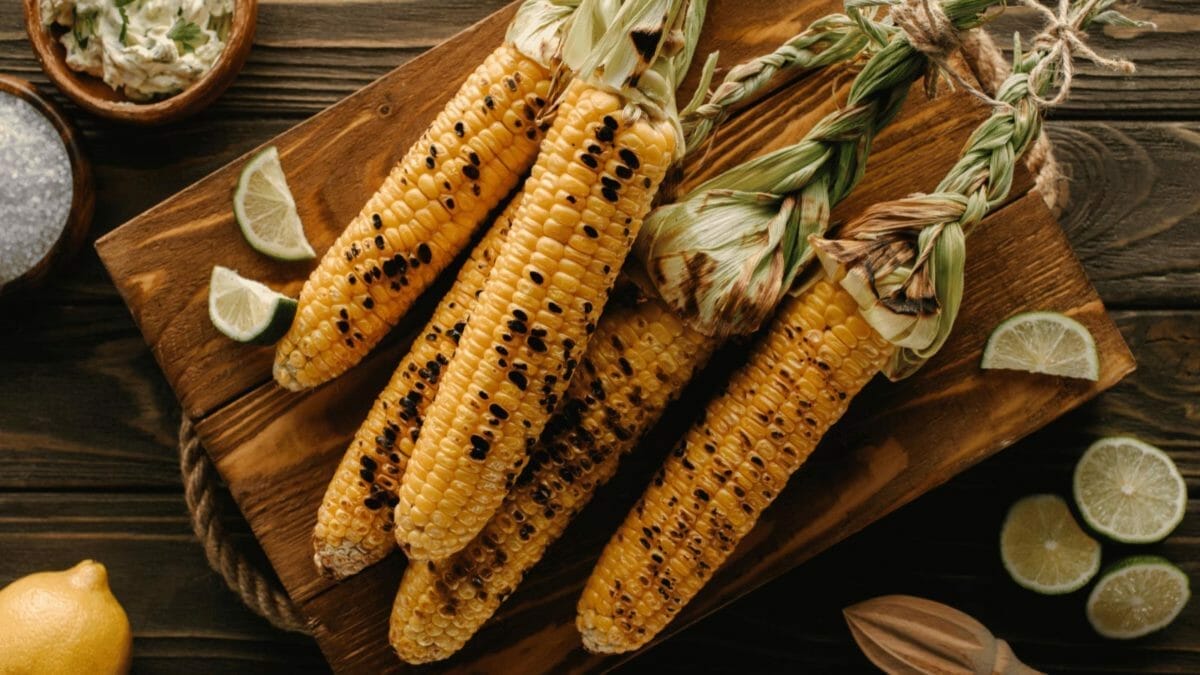
Similar to avocados, sweet corn rarely contains pesticide residues.
3. Pineapple
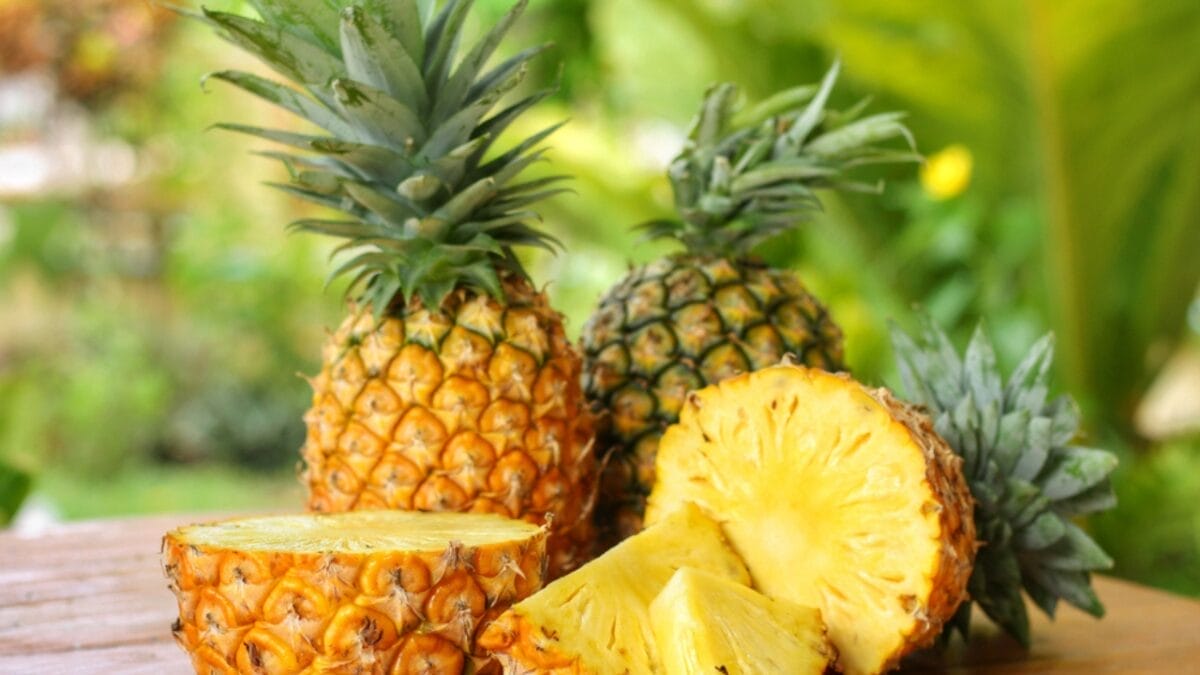
The thick skin of pineapples protects the edible fruit from pesticide exposure.
4. Onions
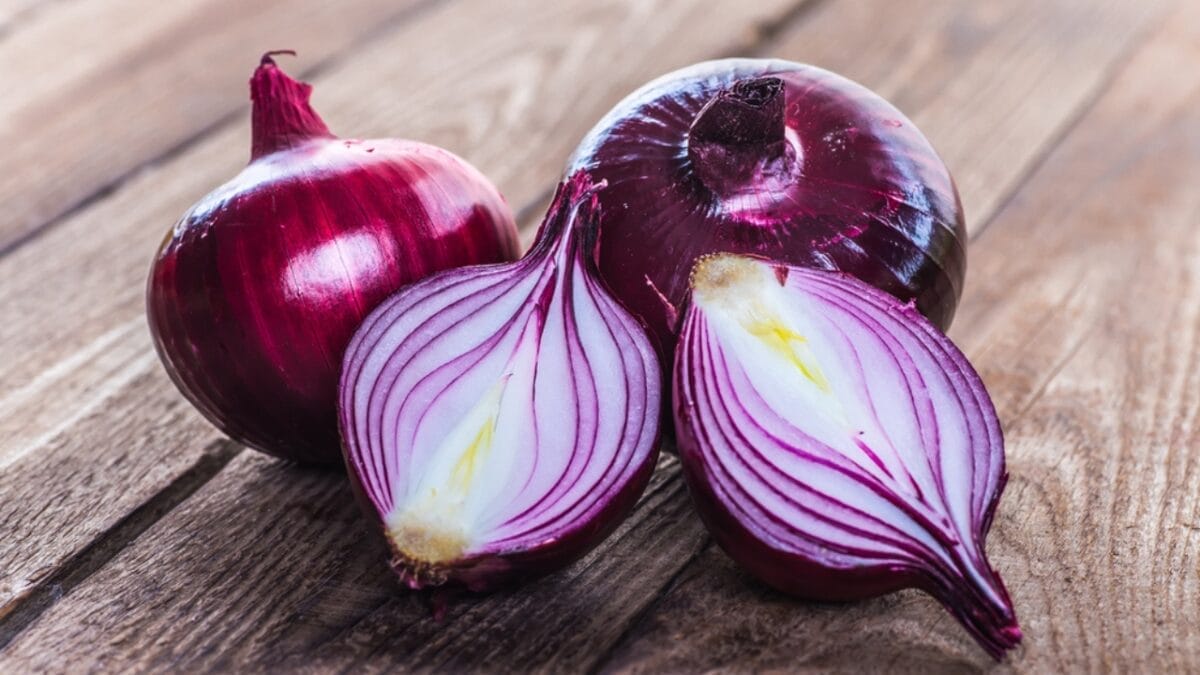
Onions naturally repel pests, reducing the need for pesticides.
5. Papaya
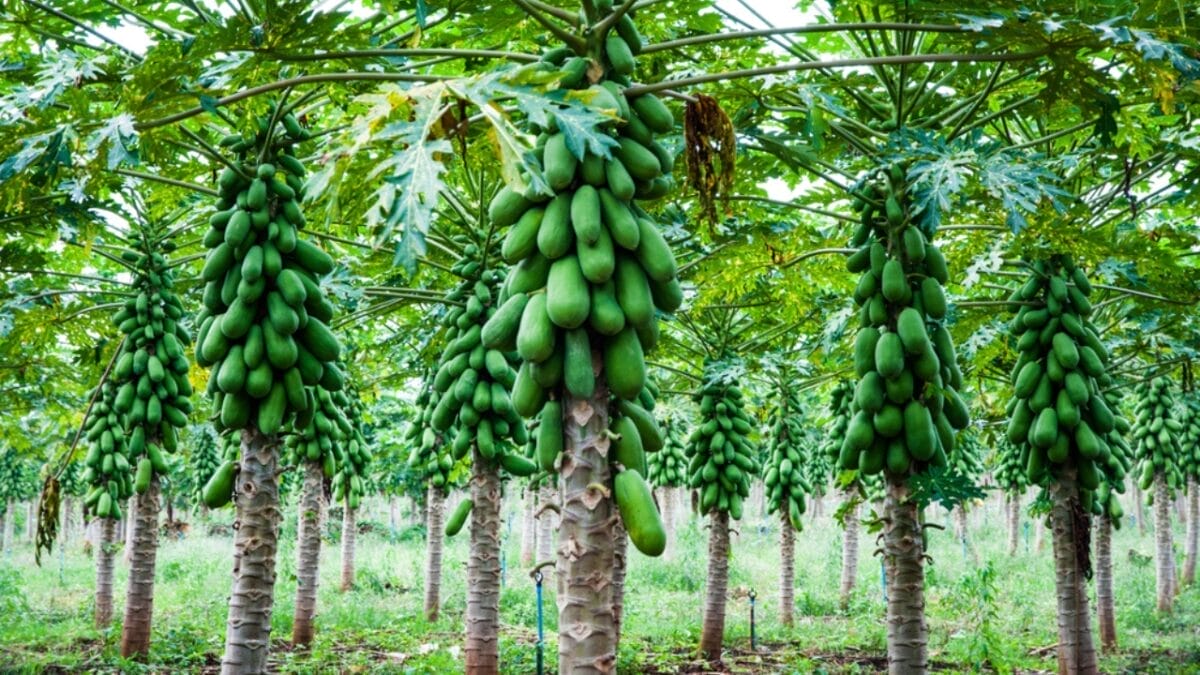
Although some papayas are genetically modified, they typically have low pesticide residues.
6. Sweet Peas (Frozen)
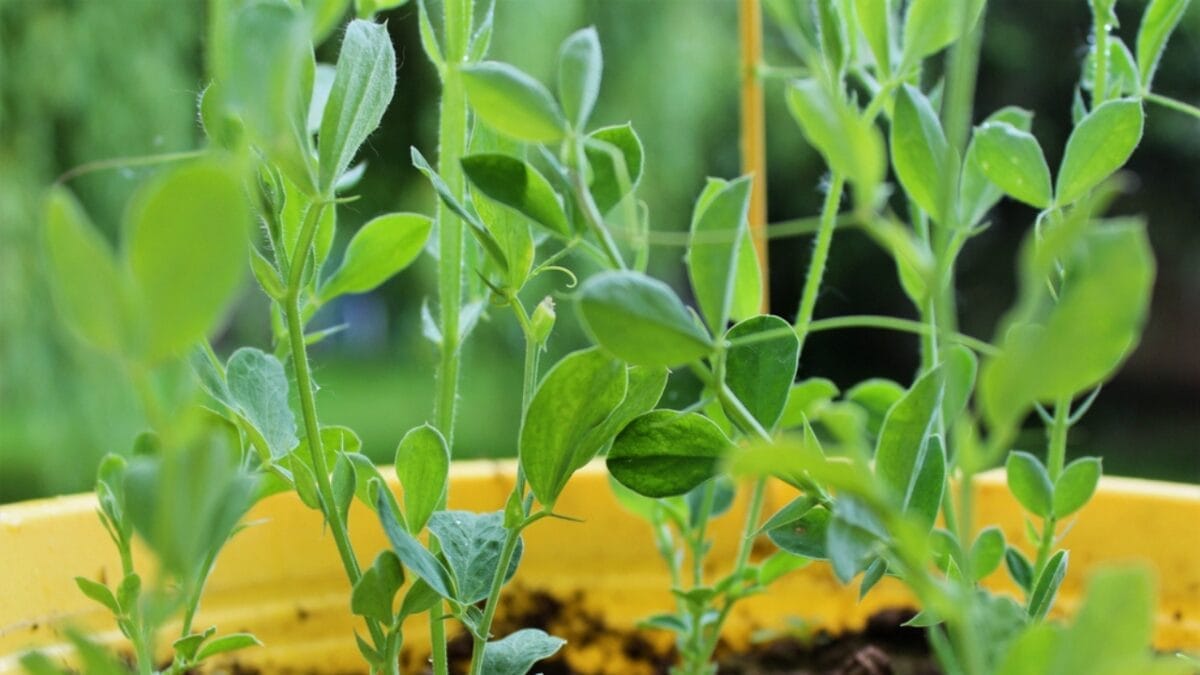
Frozen sweet peas are usually pesticide-free.
7. Asparagus
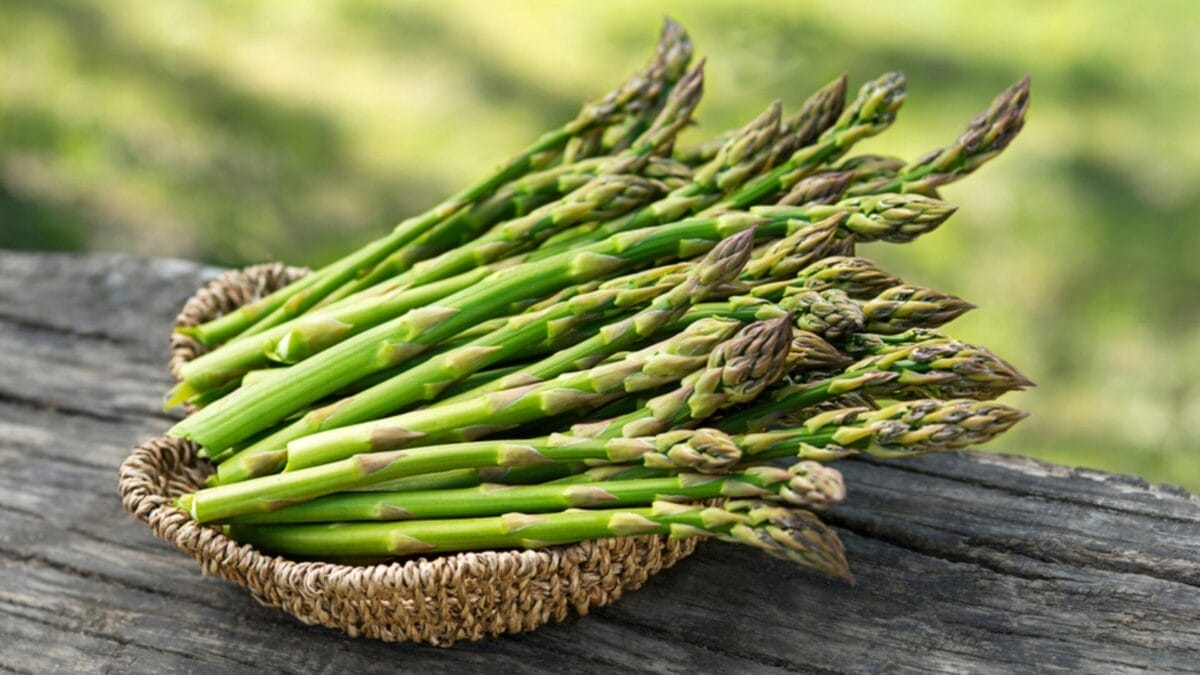
Asparagus is not heavily sprayed and often shows minimal pesticide residues.
8. Honeydew Melon
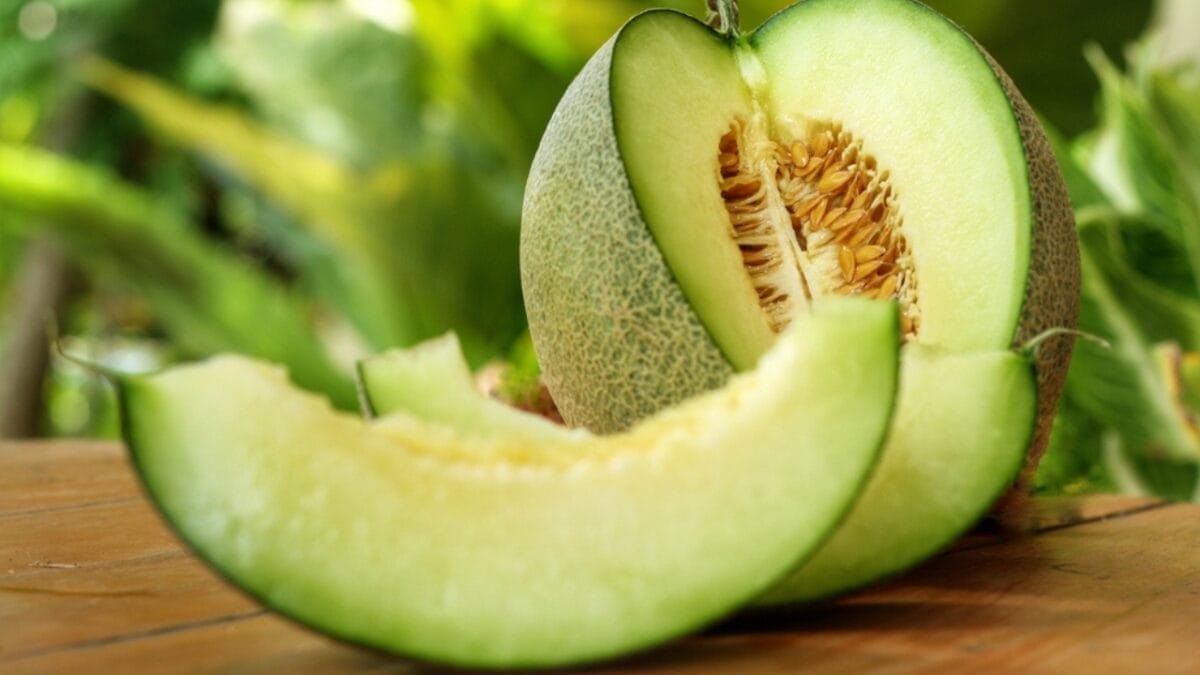
Like other melons, the thick rind protects the flesh from contaminants.
9. Kiwi
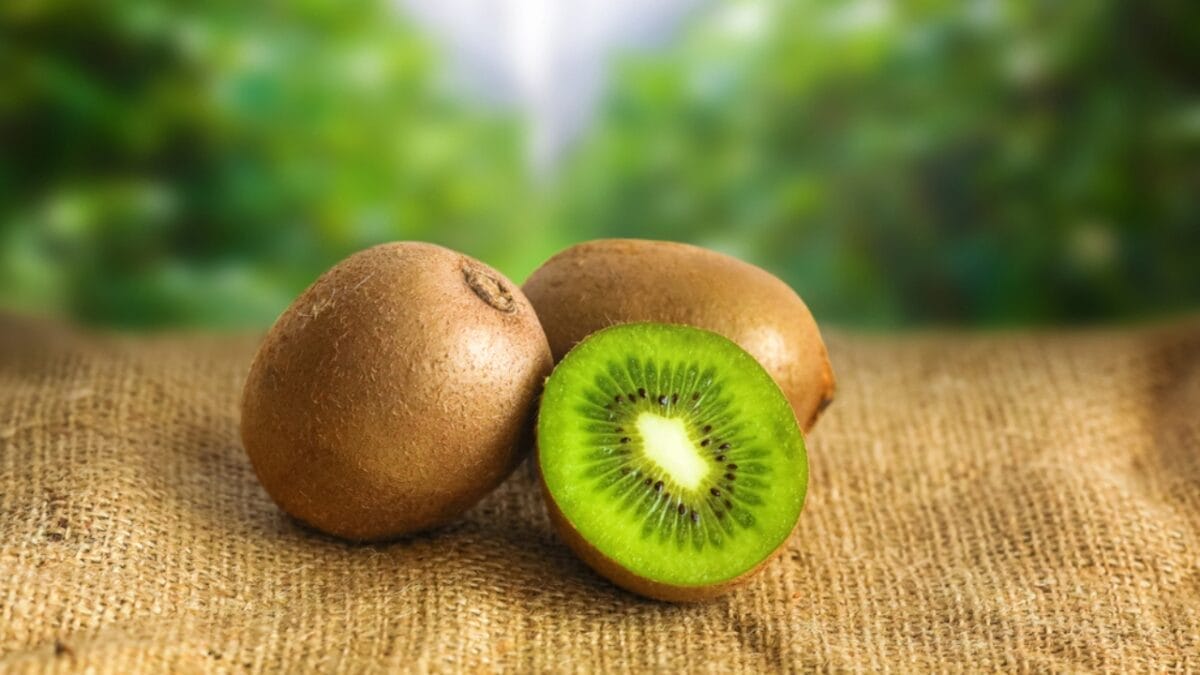
The fuzzy skin of kiwis acts as a barrier against pesticides.
10. Cabbage
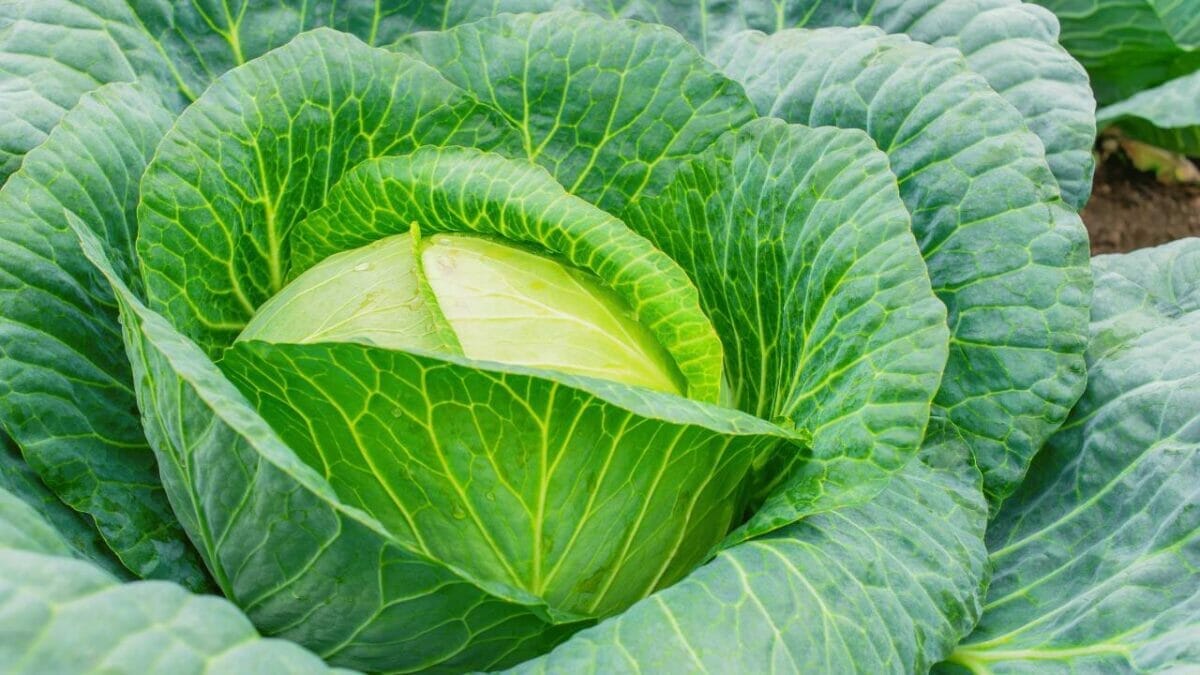
Cabbage is relatively resistant to pests, requiring fewer chemical treatments.
11. Watermelon
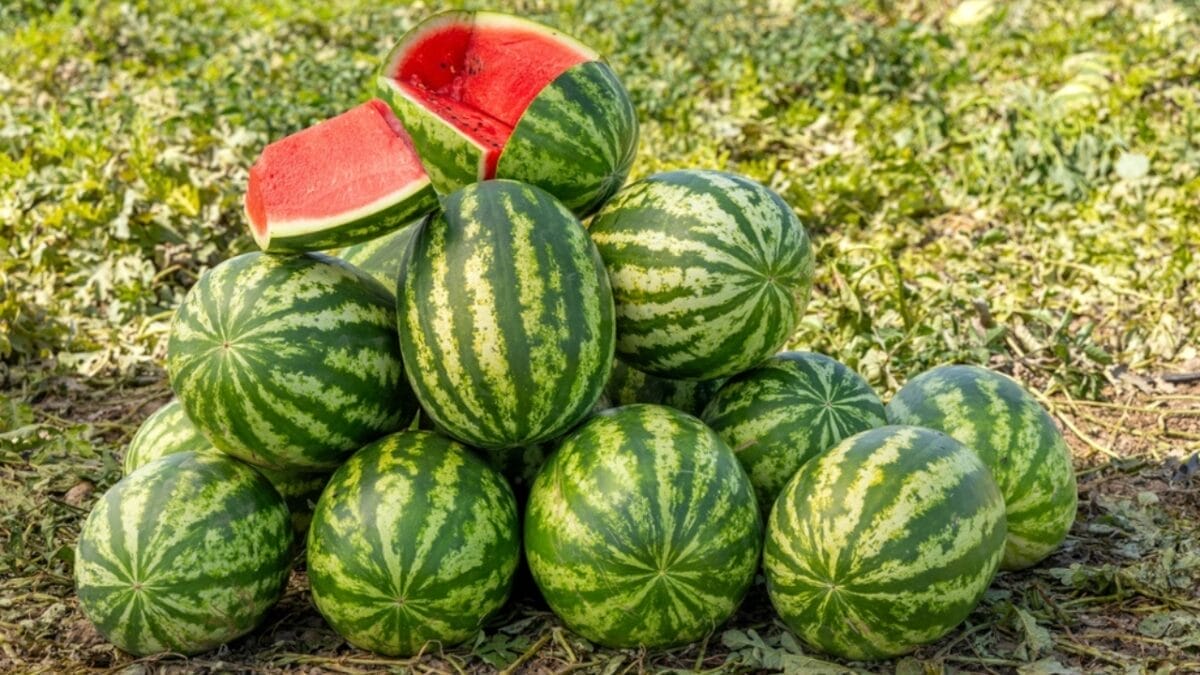
The thick rind of watermelons keeps pesticides away from the juicy interior.
12. Mushrooms
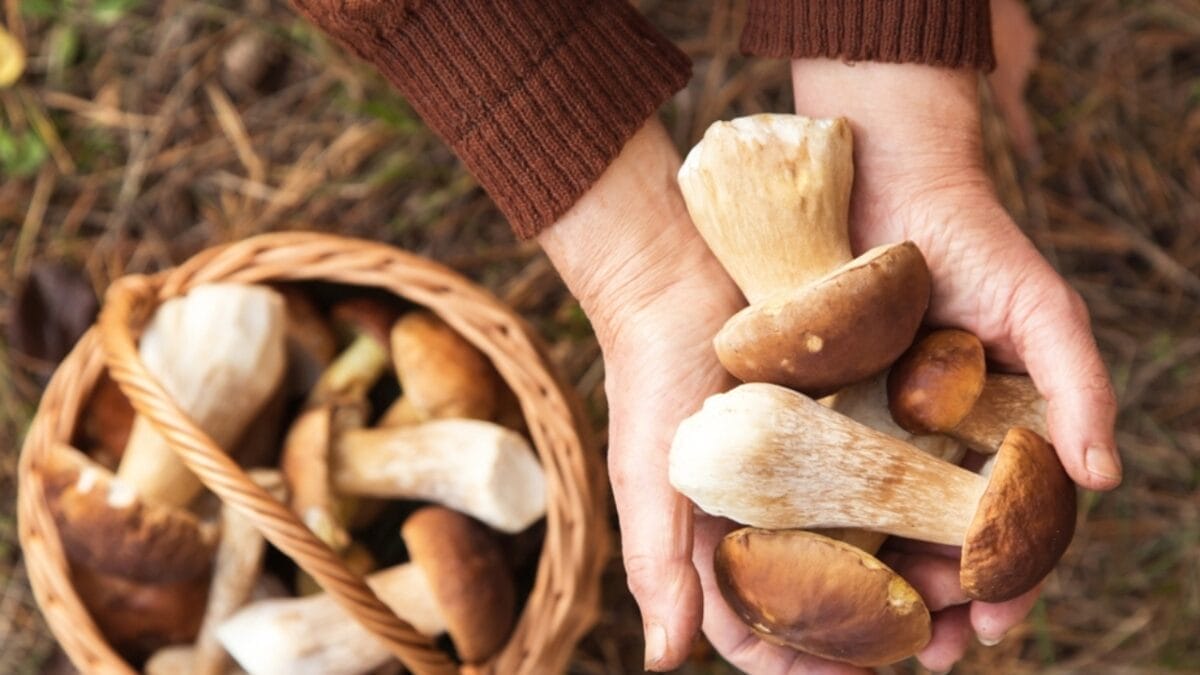
Mushrooms are typically grown in controlled environments with minimal pesticide use.
13. Mangoes
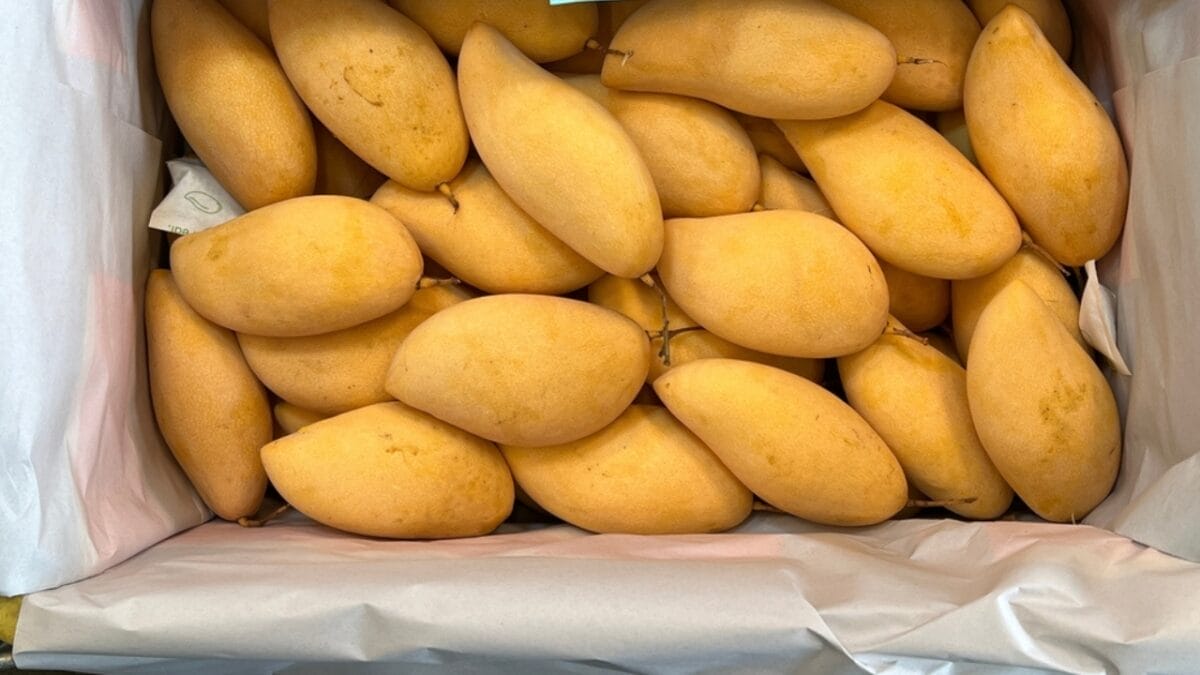
Mangoes have a thick skin that reduces pesticide contamination.
14. Sweet Potatoes
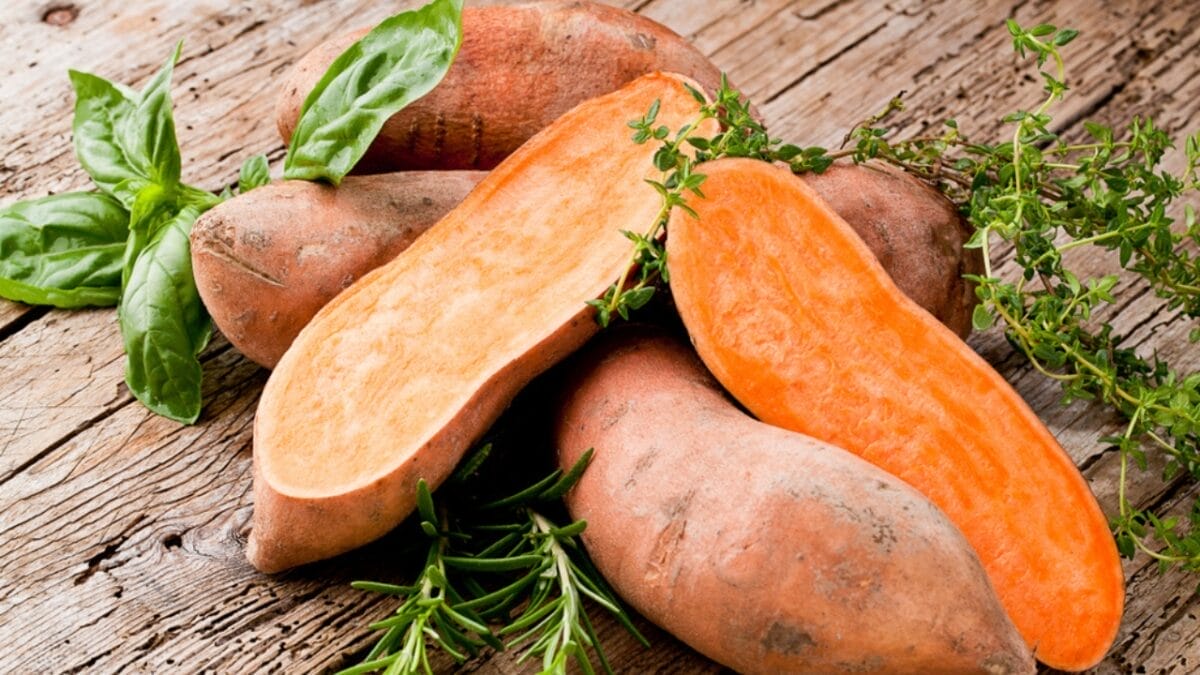
These root vegetables are generally low in pesticides.
15. Carrots
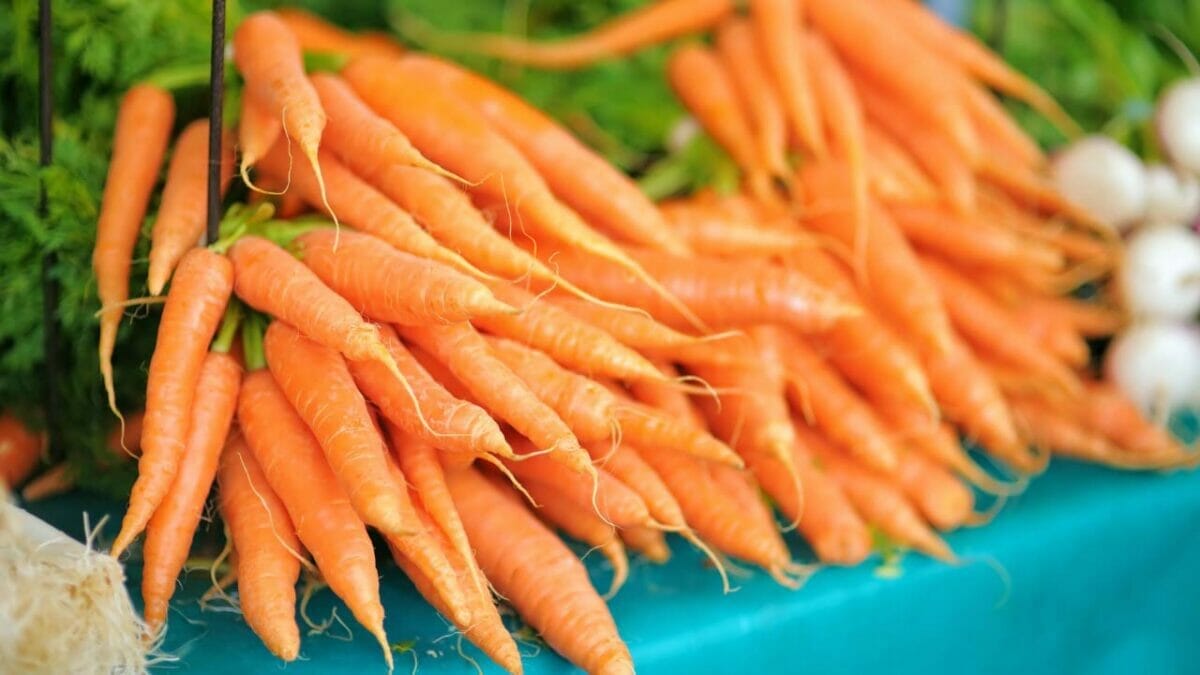
Carrots are another root vegetable with minimal pesticide residues.
Health Risks from Pesticides
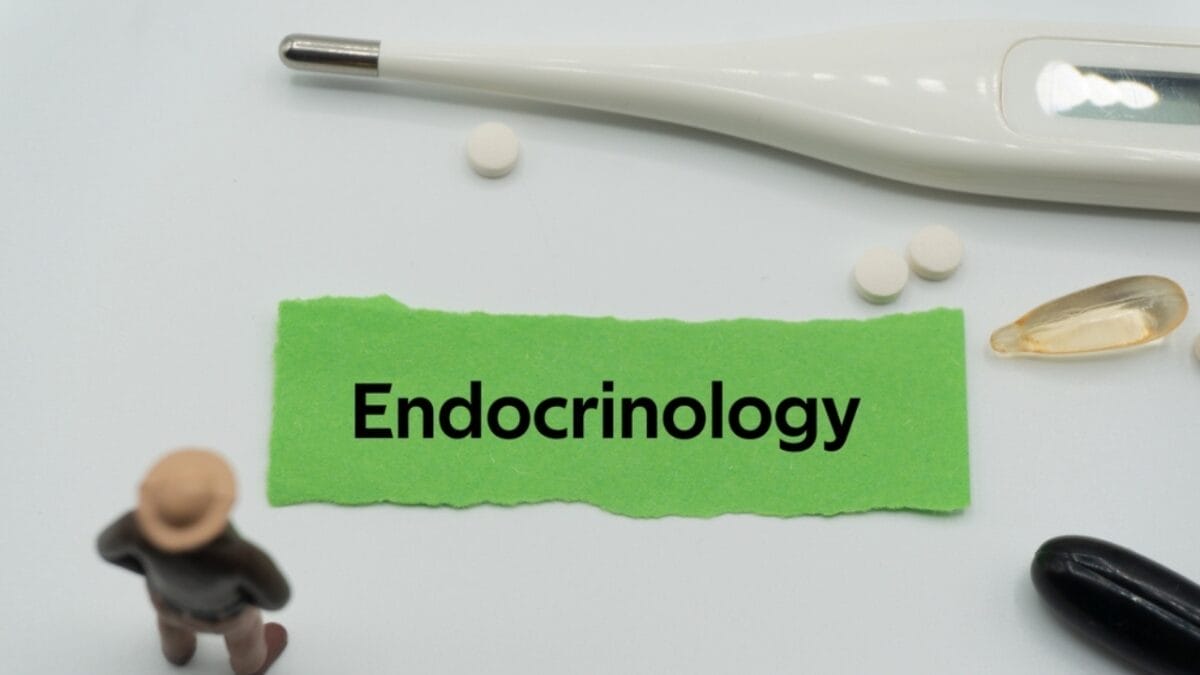
Pesticides have been linked to a variety of health issues, including endocrine disruption, neurotoxicity, and cancer. For instance, the pesticide pyrimethanil, commonly found on pears, has been associated with thyroid disruption and may interfere with hormone function.
Similarly, boscalid, detected in strawberries and cherries, has been linked to cancer and thyroid dysfunction in animal studies. Reducing exposure to these harmful chemicals is particularly important for vulnerable populations such as children and pregnant women.
Impact on Children’s Development

Children are more susceptible to the adverse effects of pesticides due to their developing bodies and higher consumption of fruits and vegetables relative to their body weight. Studies have shown that exposure to certain pesticides can negatively impact cognitive development and increase the risk of behavioral issues in children. By focusing on produce from the Clean 15 list or opting for organic versions of the Dirty Dozen, parents can significantly lower their children’s pesticide exposure.
Environmental Impact
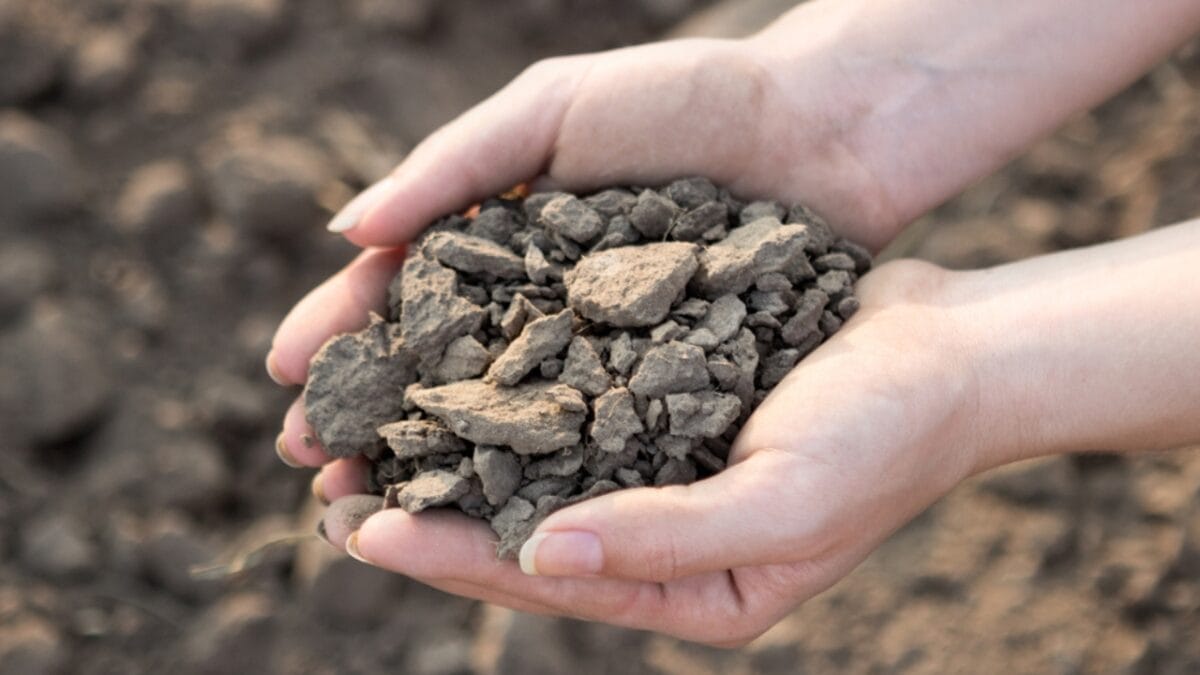
Pesticides affect human health and have profound environmental impacts. They can contaminate soil, water, and other vegetation, posing risks to wildlife, including beneficial insects like bees. By supporting organic farming practices for the most pesticide-laden crops, consumers can contribute to more sustainable and eco-friendly agricultural methods.
Economic Considerations
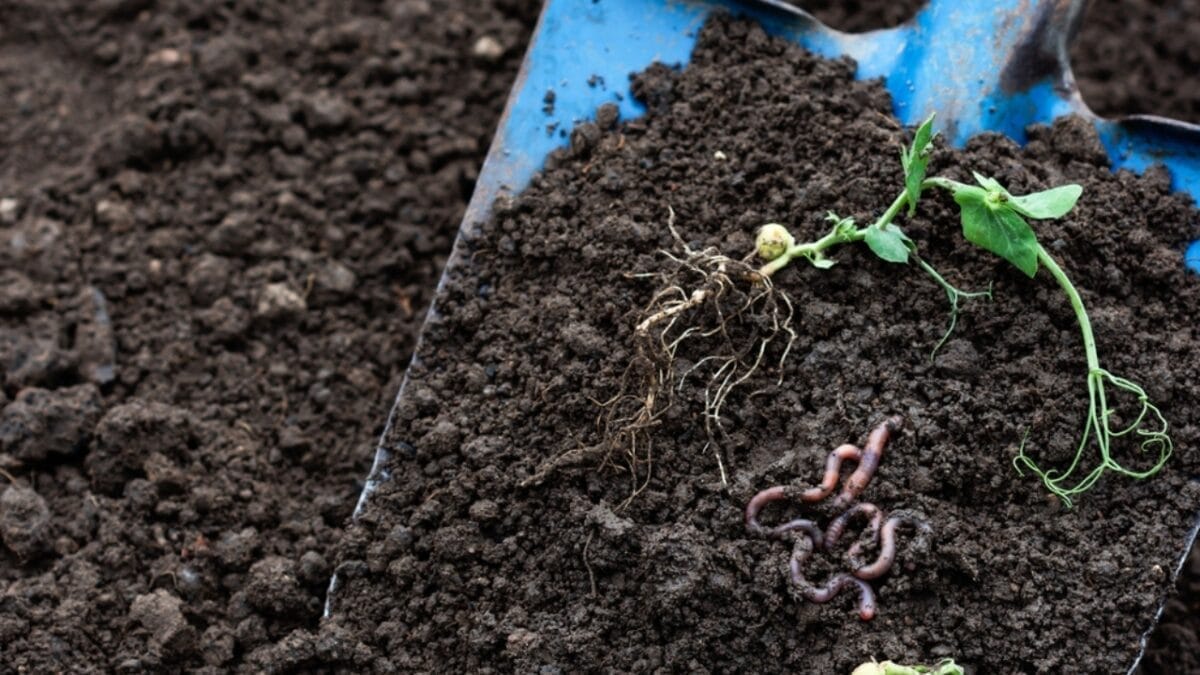
Organic produce can be more expensive, making it challenging for many households to afford. The EWG’s lists provide a practical guide for consumers to make informed decisions about where to spend their money on organic produce. By prioritizing organic purchases for the Dirty Dozen and feeling confident about non-organic options for the Clean 15, consumers can manage their budgets more effectively without compromising on safety and health.
Armed with this knowledge, you can make smarter, healthier choices at the grocery store. Whether you’re a devoted organic shopper or just looking to reduce your pesticide exposure, the EWG’s Dirty Dozen and Clean 15 lists are invaluable tools for navigating the produce aisle.
Davin is a jack-of-all-trades but has professional training and experience in various home and garden subjects. He leans on other experts when needed and edits and fact-checks all articles. Also an aspiring cook we he researches and tries all kinds of different food recipes and shares what works best.
